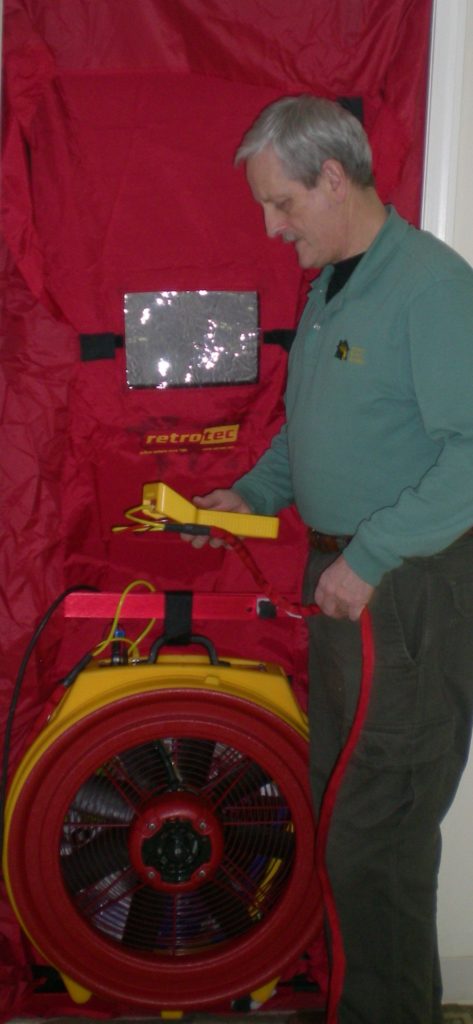Why do I care?
After viewing Sir David Attenborough’s “A life on our planet” my grandson said “When I think about the future I’m scared. I feel like that orang-utan on the solitary tree”
I was lucky to be a kid in small town Bavaria living with grandparents who introduced me to the forests and the wild things that lived there, as well as small farms, vegetable plots, orchards and chickens.
During my high school years on the south-west coast of Australia I again interacted with nature – mostly by chopping down trees and catching fish. From our house I saw the whale chasers leave for their hunt and then return after dropping their kill at the factory. Being young and stupid I thought it was tough and exciting to shoot explosive harpoons into a whale.
When we were developing some of those very early computer systems we could clearly see that our creations would make many people “redundant”. But we believed our work would lead to a golden age; longer vacations and the 4 day week. We believed that easy access to data would make democracy work better. Never did we imagine huge numbers out of work, or in meaningless work. Nor did we imagine the spread of poisonous misinformation made possible by our systems.
Even then, in the early 1970’s, the environment was a topic of concern. I spoke out about our irresponsible use of oil and coal. The response was always “not to worry, technology will fix it”. And for a long time technology did fix it – and I didn’t worry about it.
In a corporate environment I felt the sense of “belonging”. My badge opened doors and introduced new friends. I felt more connected to colleagues halfway round the world than to my neighbors. After surviving two corporate takeovers that world lost its gloss.
Trying to make a small difference I became an “energy auditor” working under a state sponsored residential retrofit program. (my web page from those days is at energyrealist.com)

Energy Auditing taught me great respect for small business owners and for the crews that work in trying conditions, at minimal wages, to air-seal and insulate houses.
It also showed me the real financial issues facing homeowners who wanted to be more energy efficient. Typically it was the low income owners who most needed this work, but they did not have the ready money to do so – even with rebates and low interest loans
At the other extreme it showed me flagrant waste; huge houses, heated three car garages, outdoor hot tubs steaming in the snow.
I saw the problems facing the administrators of such energy programs – often leading to unexpected consequences because of political and economic decisions. Effective control by energy companies meant that the (efficient !) systems we installed have locked in natural gas as a primary heating fuel for several decades.
I didn’t care enough in the past, and was a contributor to the problem. That is why I care.

Axel Dougan, California, 2021
